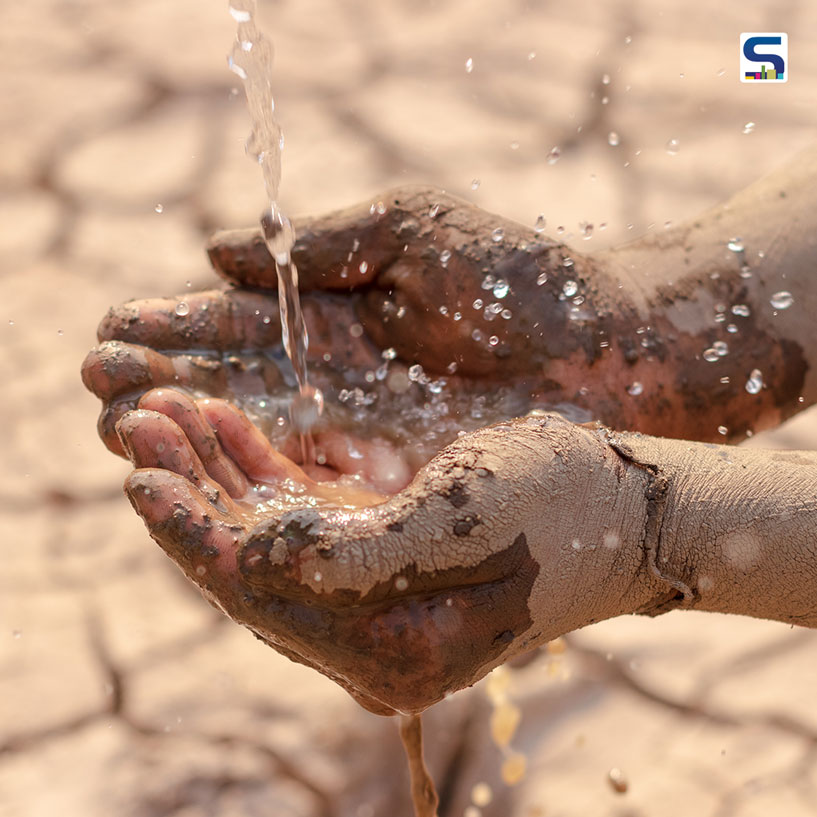
Taking cue from the shortage of water in metro cities, developers are incorporating water conservation features in their latest launches in order to make them lucrative to the prospective buyers. A report by SURFACES REPORTER.
Water crisis at hand
Eversince the onset of summer, many cities across the country are facing severe water shortage. Cities are Bengaluru are facing acute shortage of wate. According to a recent report published in SURFACES REPORTER, in Bengaluru, the deficit in monsoon rainfall in 2023 has kept supply from the Cauvery River low, and dried up almost 7,000 of the city’s approximately 14,700 borewells. Early in March, the city’s water supply from the river and borewells crashed by 50% causing the authorities to take some stringent measures including instructing the construction contractors and building owners to use only 'eco friendly water' for construction.
Similarly, , Chennai residents are facing the worrying prospect of a water crisis as summer heat intensifies — Veeranam Lake, one of the city’s primary water sources, has already run dry.
The water storage in Veeranam Lake was recorded at zero million cubic feet (mcft) on April 15, 2024, according to data by the Chennai Metropolitan Water Supply and Sewerage Board (CMWSSB). Last year, on the same date, the lake held 687.40 mcft of water, while its total capacity is 1,465 mcft. The other reservoirs across the country are experiencing similar decline.
Latest developments by property developers
Keeping the ongoing situation in mind, large scale developers across the country are launching projects with water conservation as a key measure, aiming to mitigate environmental impact. Taking the cue, other small and mid sized developers are also following the suit.
According to the media reports, established developers including Lodha, Prestige Group, Mahindra Lifespace Developers, Godrej Properties, Brigade Group, and Sobha have already put various measures into practice within their projects and are continuing to expand upon these initiatives.
Major developers like Lodha are integrating passive designs and green spaces into urban planning in order to mitigate urban heat, enhance energy and water self-sufficiency. The developer has conducted a climate risk assessment for its operating areas, projecting impacts like heat stress and floods until 2100, and is implementing strategies to enhance resilience in its current and future projects.
Focussing on sustainable urbanization, Mahindra Lifespace Developers has implemented decentralized wastewater treatment plants in its eco-friendly townships, to ensure holistic water management practices.
Initiatives including rainwater harvesting , smart water management systems, water-efficient fixtures, and decentralized water treatment systems are quickly becoming a continuous feature in the large scale developments.
In addition, the real estate developers are also engaging in the community communications in order to promote awareness about the water conservation initiatives.